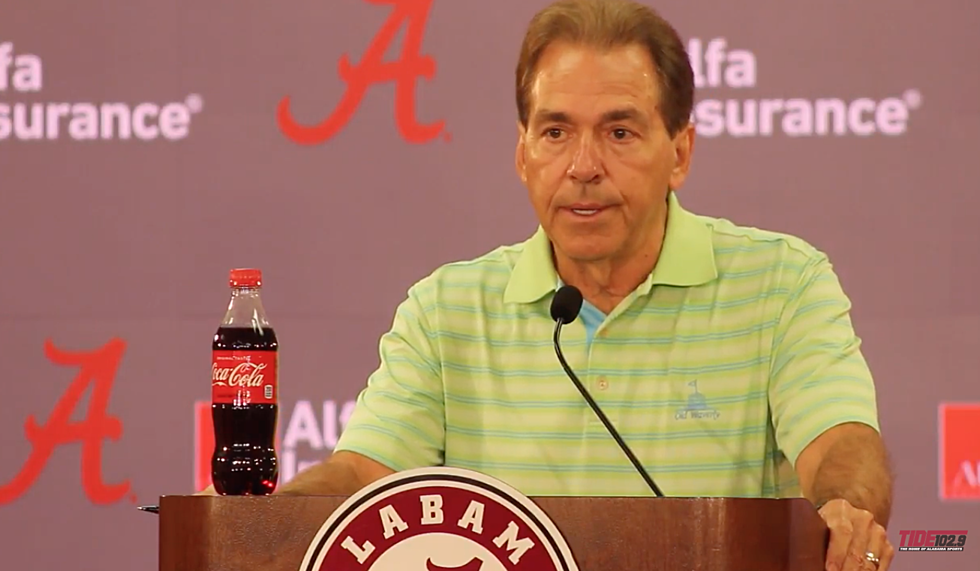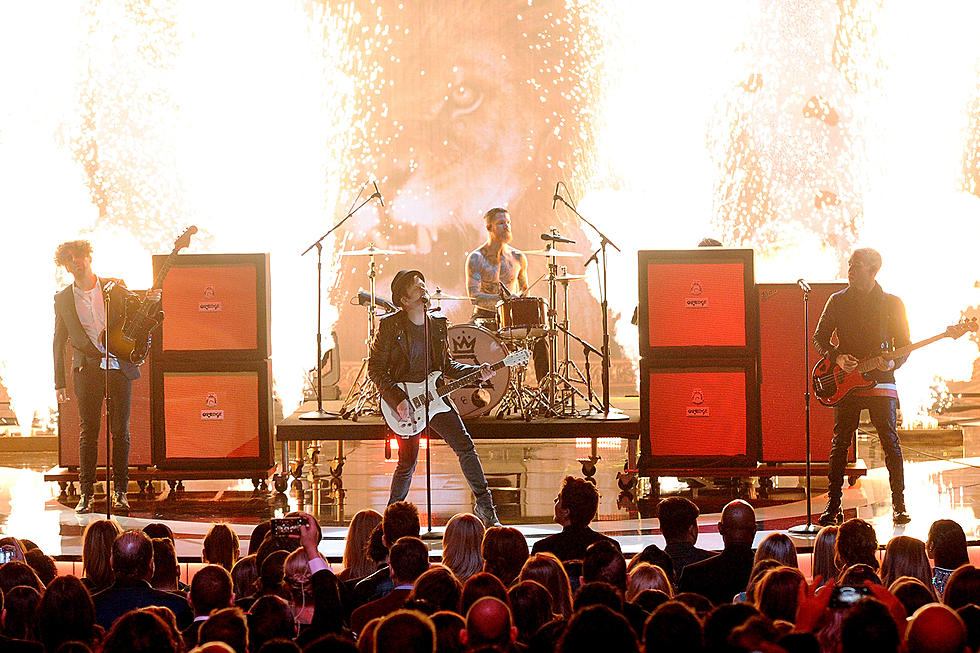
‘First Man’ Review: Damien Chazelle’s Gorgeous, But Lifeless Trip to the Moon
On July 20, 1969, Neil Armstrong became the first person to step foot on the moon. It was a spectacular moment in human history, a massive achievement in the Space Race, and a successful payoff to a long, arduous, and painful journey for the astronaut. While Damien Chazelle’s First Man is a respectable biopic and an impressive display of the Oscar-winning director’s craftsmanship, it fails to give us a reason to actually care about this story. More than a third of its runtime is frustratingly lifeless, mimicking the repressed, impassive psyche of Ryan Gosling’s astronaut, and when Chazelle finally takes us to that big rock in the sky, the sequences may be gorgeous to look at, but the film fails to capture how awe-inspiring something as epic as a trip to the moon must have been.
Chazelle reunites with his La La Land star for the biopic, which jumps back eight years before the Apollo 11 mission to recount the many tragedies that shaped Armstrong’s adult life and fueled his drive to get to the moon. The film opens in 1961 when Gosling’s Neil is working as a test pilot flying at record-breaking heights into the stratosphere. Back on Earth, he and his wife Janet (Claire Foy, who gets a couple of stand-out moments) watch anxiously as their toddler daughter receives radiation treatment for a malignant tumor. Shortly after, the girl dies and instead of mourning alongside his wife, Neil goes straight back to work, never mentioning their daughter’s name again.
Gosling depicts Neil as a man who buries himself in his job to evade whatever emotions may be curdling up inside — after all, one way to escape the pain you’re faced with on Earth is to do whatever you can to leave the planet entirely. A man set on finding a scientific solution to each of his problems, Neil applies to become an astronaut and is soon accepted into NASA’s Gemini program in 1962.
Once Neil moves his wife and two sons to Houston, First Man details the many trainings, test flights, and scientific stops and starts that lead up to the eventual walk on the moon. We see Gosling take a couple spins on the multi-axis trainer, leaving him and the other guys comically covered in puke; he splits beers with his neighbor and fellow astronaut Ed White (Jason Clarke) as the evening news reveals the Soviet Union’s latest Space Race developments; he attends a series of funerals as failed Gemini flights kill his friends and colleagues; and he giggles with his wife at the dinner table over a mathematical equation. It’s all incredibly pedestrian and mechanical, and that’s because Chazelle and screenwriter Josh Singer (Spotlight) are committed to showing us the perspective of a deeply repressed character who focused on the numbers, not the emotional reality around him.
First Man is less about the moon landing itself, and more about a man who’s been conditioned to extinguish his emotions and funnel every ounce of himself into his work. Considering that, it’s not a surprise this story attracted Chazelle, whose Whiplash is also about a man obsessed with perfection, and the tireless, psychologically destructive journey he takes to succeed — no matter the cost. But whereas that film was exploding with energy, First Man sucks all the life and thrill out of its story. That approach is surely intentional, but in trying to put me inside Armstrong’s head, Chazelle and Singer came close to putting me to sleep. Unfortunately, Gosling isn’t much help either.
Chazelle has said Gosling was the only actor he imagined to portray Armstrong, and in a lot of ways that makes perfect sense: Gosling has played a handful of introspective roles that require him to mute his emotions and convey a pained desire to bottle it all up. He did it effectively as the coolly reticent lead of Drive, and it was especially fitting for his replicant in Blade Runner 2049. But here, I honestly began to question if Gosling was even acting at all; he is so stripped of emotion that his face is nothing but a blank slate. I felt absolutely nothing watching him stonily stare up at the moon, or while Chazelle’s tight close-ups focused on his big blue, but vacant eyes in rocket ship cockpits; even when the guy gets to space, Gosling gives us so little to latch on to.
I’m hesitant to place all the blame on Gosling’s performance, since it’s also likely a combination of Singer’s internalized script and Chazelle’s direction. While First Man is full of stunning photography, shot by La La Land’s Linus Sandgren, Chazelle makes choices that undercut the suspense and thrill of Armstrong’s flights — at least the thrill you’d expect to get from soaring through space.
During the film’s Gemini 8 sequence, which finds Neil and pilot David Scott (Christopher Abbott) rocketing a spacecraft into orbit and nearly dying on the way back down, Chazelle uses a series of tight close-ups and jittery, handheld P.O.V. shots. Instead of depicting the grandiosity of space itself, his style keeps the audience tucked inside the craft, and while the intention is to recreate the alarming chaos within it, none of it worked for me. It just looked like Chazelle shaking the camera inside a cramped dark ship on a soundstage. I never actually felt transported to space, until the final 30 minutes.
You’ll be reading and hearing a lot about the film’s finale when the Eagle finally lands on that big Swiss cheese rock. This is when First Man finally wakes up and kicks into gear, and unlike the previous sequences, Chazelle and Sandgren show off some impressive visual skill here. The majestic, slow-panning shots across the moon’s surface are a beauty to take in, and when Neil descends the ship’s ladder, takes his first step, and says his famous words, the film finally reaches its most magical peak. But as captivating as the moon landing is, it’s hardly enough to forgive the lifeless three-quarters that proceed it. Chazelle took Neil Armstrong’s one small step for man and turned it into a disappointing misstep of a movie.
More From Alt 101.7










